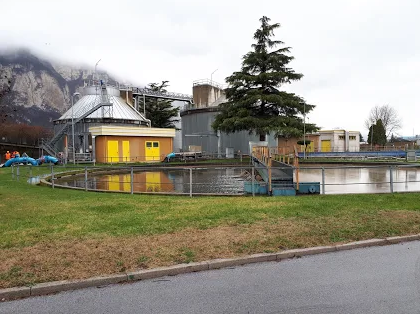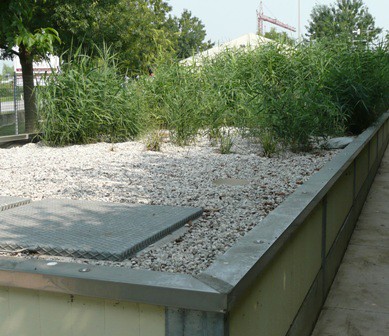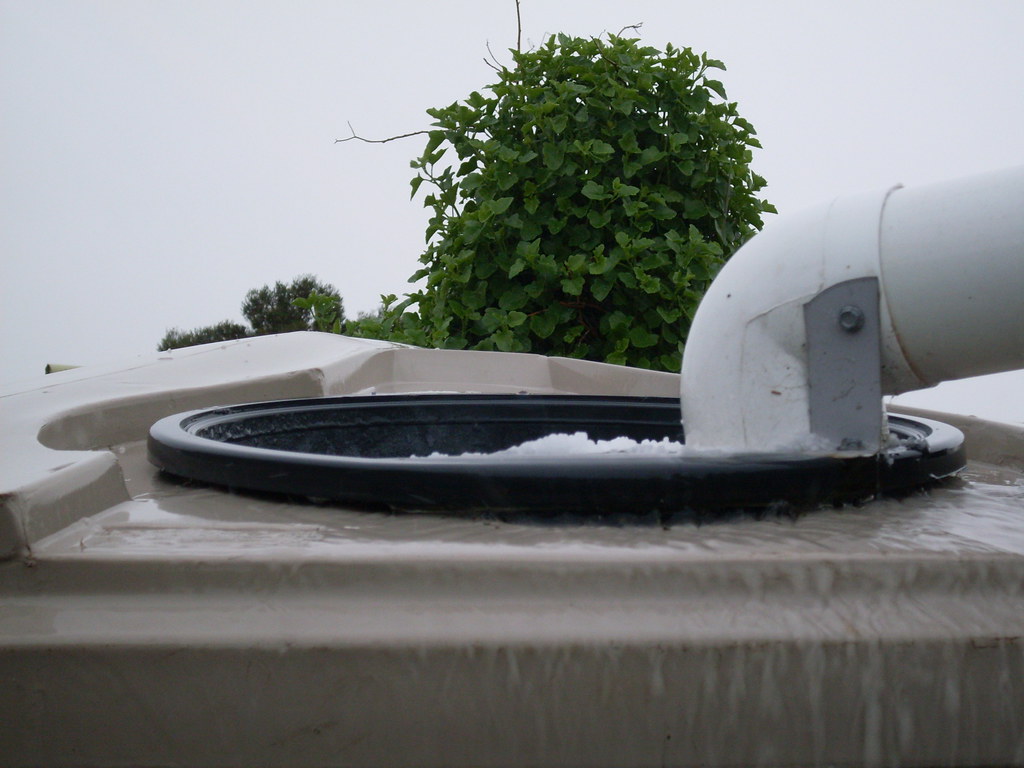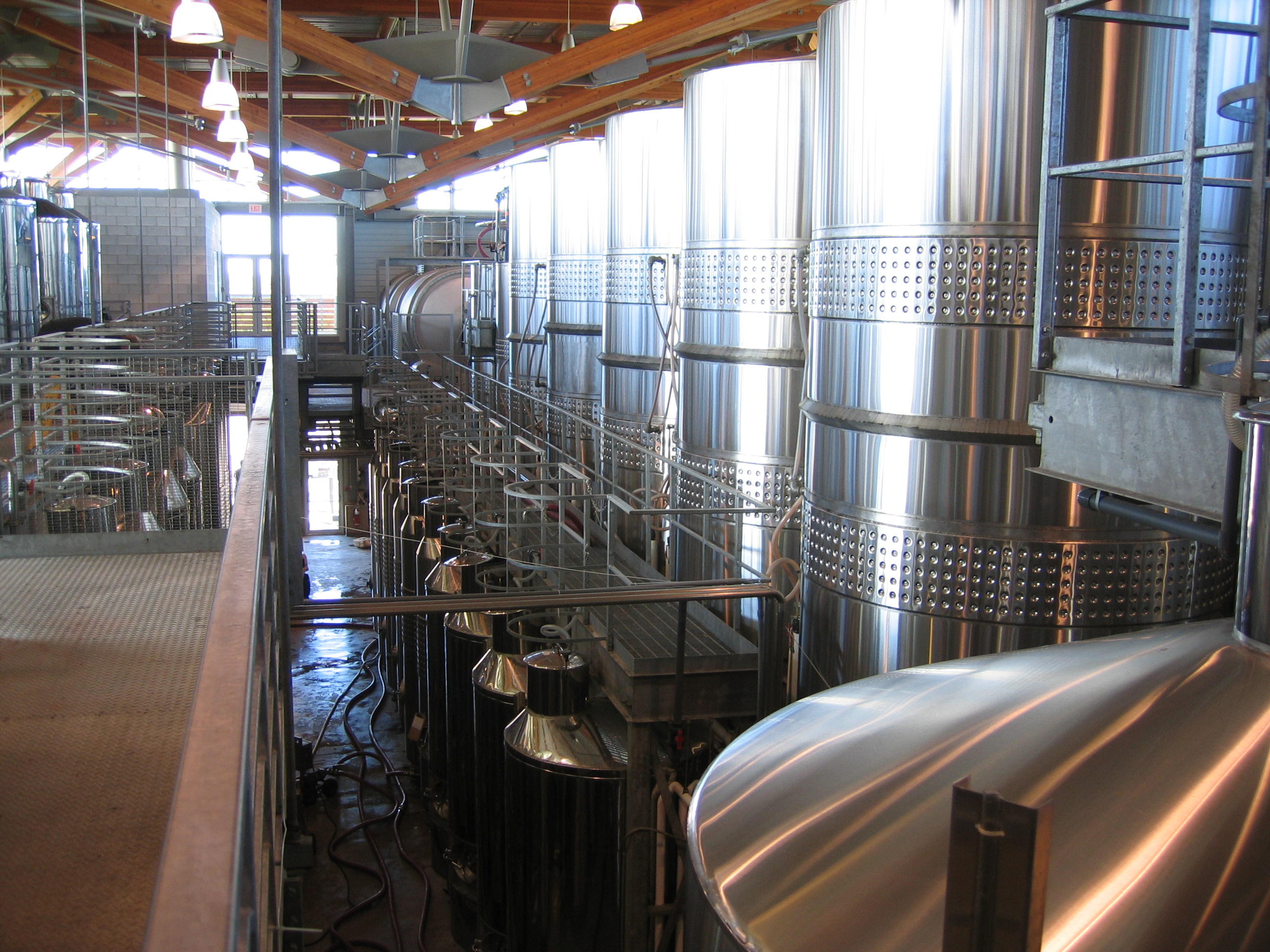DISPOSAL OF WATER
Wastewater can be disposed in many ways that depend on the legislation applying on individual states. We can basically distinguish four ways:
- Wastewater disposal through re-use within the company. It is possible, in some countries including Italy, to re-use the wastewater for fertigation if the grapes have been used in the farm itself, if the grapes have gone through decanting in storage areas for at least 90 days. These waters can be spread to a maximum load of 4000 meter cubes/year and away from rivers, lakes and waterways
- Connection with the sewage system. Wastewater originating from farms cultivating grapes that are used for at least two thirds of the production can download their wastewater in the regular sewage system since they are considered as civil systems. For all the other cases, different legislations applies in the country members

- Storage in specific vats and disposal through some specific consortiums
- Disposal through phito-depuration

RE-USING THE RAINWATER
Given the great need of water, especially in very warm countries (i.e. southern Spain, Greece) it would be possible to intercept the rain water.
This could be done using some grounded communicating vats (one for sedimentation and the second for collection) to be filled up with rainwater collected from the roof by gutters that are channelled to it.
These waters can get in contact with some impurities from the roof (such as materials and pollen) so they will have to be used only for outdoor uses like washing the floors and cooling down the winery waste outdoors (artisanal method).

THE RE-USE IN THE FARM
Wastewater can be a resource especially in the farms located in dry areas where the availability of water is scarse in volume.
If water doesn’t contain residuals from processing like ferrocyanide, de-sulphuration or cleansing water containing sodium hydroxide or strong acids, it can be re-used in phytosanitary sprayings in the vineyard.
Another way is to re-use such water is as a mean for weed—killers.
Another solution is to use such waters to cool down the winery tanks outdoors (especially those in stainless steel) during the fermentation. It is possible to do so by letting cool water run above them to actually control the alcoholic fermentation.

